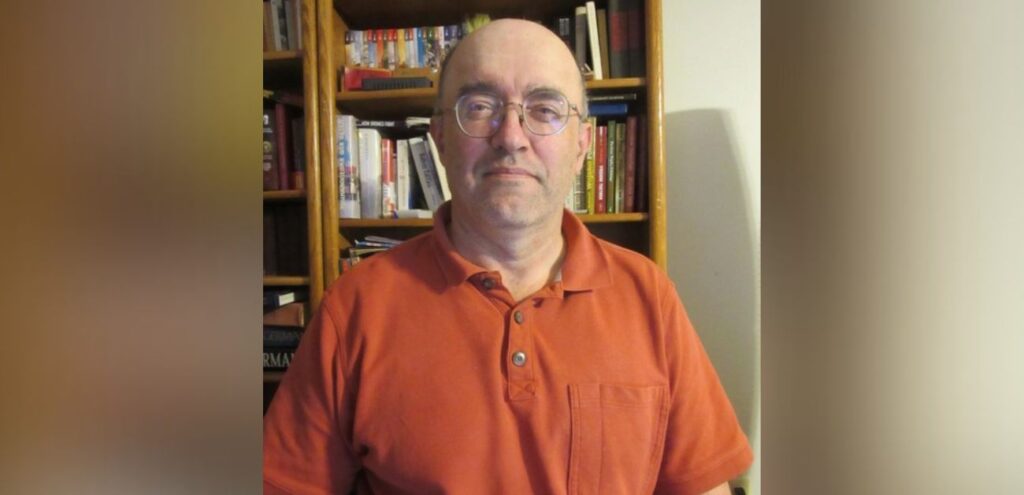When I joined a Zoom call with Michael Jasinski, a political science professor at the University of Wisconsin–Oshkosh, I was expecting a grave discussion about the future of American Jews and others in the U.S. We were following up on his prediction in 2018 of looming catastrophe in the United States.
Jasinski drove down to the Chronicle’s Milwaukee offices from Oshkosh (see 2018 story, this page) to predict at least a 50 percent chance of a severe financial crisis in the U.S. He also warned of a potential for state power to align with rising antisemitism in America.
Much has changed over the past seven years, and many of the problems Jasinski presented are still relevant today, but America’s condition may be far better than what Jasinski envisioned. Here’s what he said.
Financial issues
Jasinski believes the structural problems that enabled the financial crisis of 2008 and 2009 have not been resolved, due to a lack of political will during both the Obama and Trump presidencies.
Jasinski added, in an interview last month, that much of America’s household wealth is tied to the stock market and real estate prices. He believes that every presidential administration, regardless of political party, has no choice but to keep the market going.
“The Trump administration is not reckless enough to crash the stock market,” Jasinski said. “They are not ignorant enough to crash it. I think there is a certain level of level-headedness, and they have to pay attention to public opinion. If something is unpopular with the MAGA base, he’s not going to go completely against it.”
But he does say recent tariffs may have been “a little chaotic,” creating uncertainty for businesses. The future of the economy is not guaranteed.
Anti-Immigrant or antisemitism?
Jasinski pointed out there is a key difference between the Jews of World War II and the immigrants that the U.S. seeks to deport today.
“The difference is that Jews in Germany were German citizens,” Jasinski said. “They were native born, basically citizens whose families lived there for centuries.” This would have made expulsion more difficult for Germany than it is for the U.S. today.
According to Jasinski, Nazi Germany also tragically turned to its “Final Solution” because it wanted to ethnically cleanse Germany, but nowhere else in Europe wanted Jews.
Jasinski was raised in Poland and has what he describes as a “healthy Eastern European paranoia,” he said in the 2018 Chronicle article. He sees today’s events through the lens of the rise of fascism in Germany and Japan before World War II. A lack of internal resources in a country can make it more militarily and politically aggressive, Jasinski said.
Jasinski believes that today’s American Jews are less of a target than immigrants. This is because the Jewish community in America is more established.
“They’re not coming here right now,” he said, adding later in an email, “The current xenophobic sentiment is mainly directed against newly arrived immigrants, not against ethnic groups which are already here.”
So, what’s next for American Jews? Jasinski said that the U.S. probably won’t return to “pre-World War II levels of fairly overt and even discriminatory societal antisemitism”.
Jasinski said that America is far less racist than it used to be, with less segregation and more intermarriage than in the 1930s. He argued that it would take a lot to undo that progress.
Yet Jasinski said antisemitism is slowly creeping back into American society due to economic uncertainty and possible scapegoating, a “complicated and controversial” relationship between Israel and the U.S., and social media, which can spread and normalize extreme ideas.
“In short, my recommendation would be to hope for the best,” Jasinski said. He urged Jews to consider how their actions affect the broader community. It’s something he’d also like for Israel’s current elected officials to think about: “Consider what this is doing to everyone, to other Jews around the world.”



